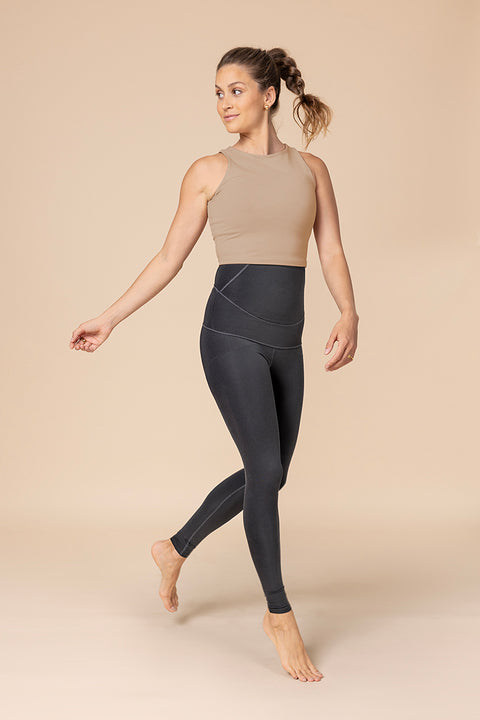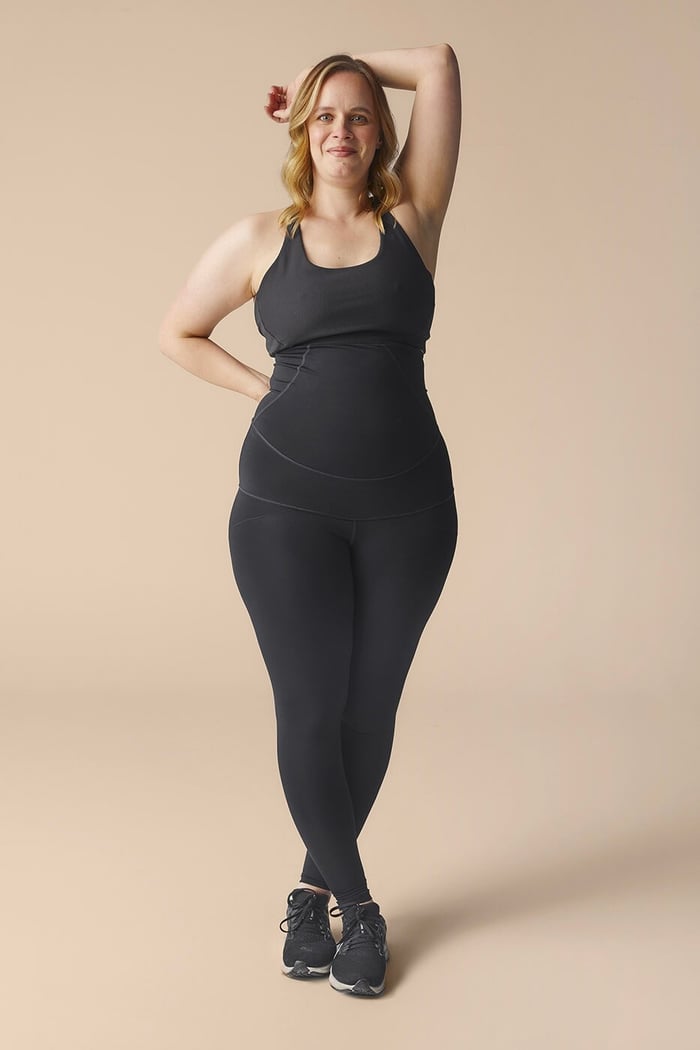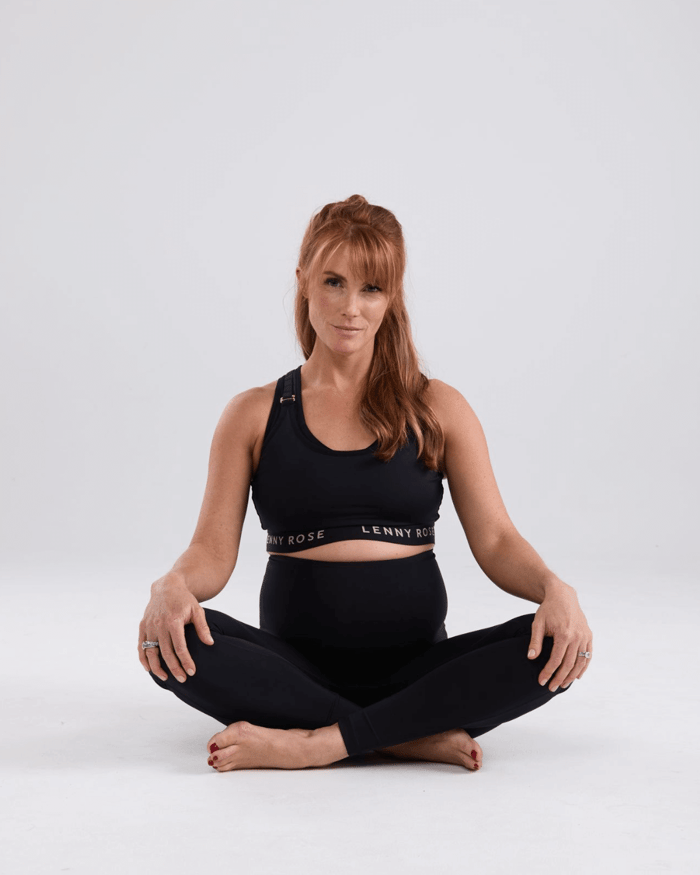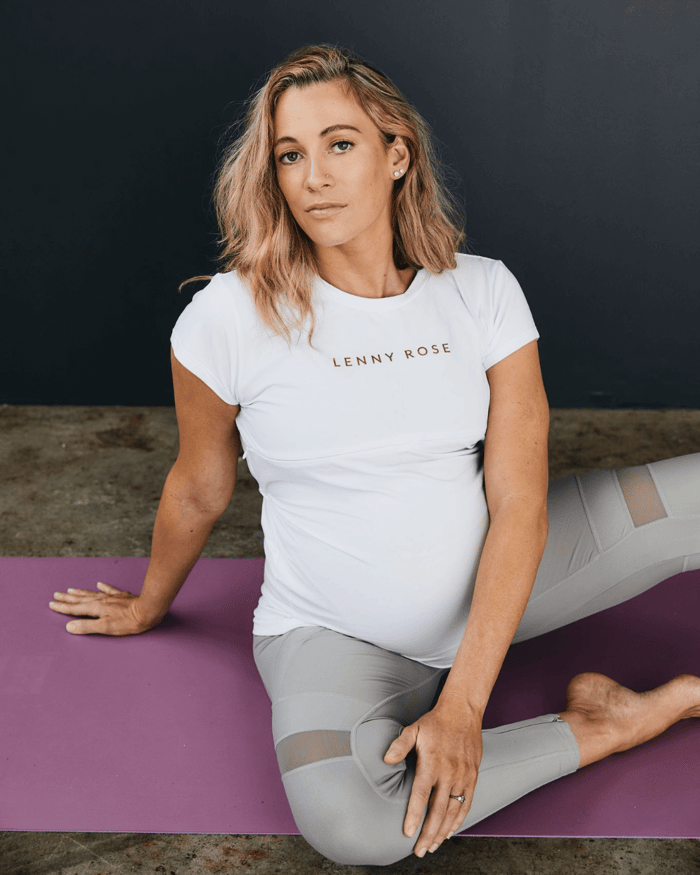Vulvar Varicosities affect up to 10% of pregnant women, and although most resolve within the first 6 weeks after childbirth, more severe cases can linger on for longer.
You most likely will head of varicose veins in your legs - well Vulvar Varicosities are varicose veins that form on the vulva (the outer surface of the female genitals), and most commonly occurs during pregnancy. During pregnancy, there is an increase on blood flow to the pelvic region, as well as increased weight, blood volume and more flexible venous system, which make returning blood back to the heart much more difficult. This can cause the blood to pool in the vulvar area, and the vulvar veins to swell and distend, causing mild-moderate bulging, pain and discomfort.
Fortunately, Vulvar Varicosities don't always cause symptoms, but symptoms can include:
- A feeling of fullness or pressure in the vulva
- Visible Swelling
- Discomfort
Severe cases of Vulvar Varicosities are rare, but can happen in pregnancy and cause a bulging, bluish appearance to the veins.
Exercise, sex and standing for a long time may flare up the symptoms of vulvar variscosities.
Top tips for relief:
- Find the right support garment. Our FemmeCore (™) range includes specific compression and support for vulval variscosities, providing you with comfortable relief.
- Avoid Prolonged standing. Try to change positions regularly and avoid sitting or standing in the one position for long periods of time. Avoid standing or sitting for long periods of time.
- Elevate your legs. This can help promote circulation and improve blood flow return.
- Apply cold compresses to your vulva. This might ease your discomfort.
- See a Women’s Health Physiotherapist - they are wonderwomen who have fantastic advice and treatment options for everything you will experience in pregnancy!
In most cases,Vulvar Varicosities don't interfere with a vaginal delivery. These veins tend to have a low blood flow. That means even if they bleed during delivery, it usually can be easily controlled. Speak to your health professional if you are worried in any way or have questions relating to this.
Most often,Vulvar Varicosities that form during pregnancy go away by about six weeks after delivery, and continuing to wear a postpartum support garment, move gently, elevate your legs, and use a cold compress will have you back on your feet and feeling better in no time!
POSTPARTUM RECOVERY LEGGING

$159.00
Specifically designed to support healing from perineal wounds, C-section scars, and diastasis recti, while promoting venous return and alleviating back strain. … Read more




